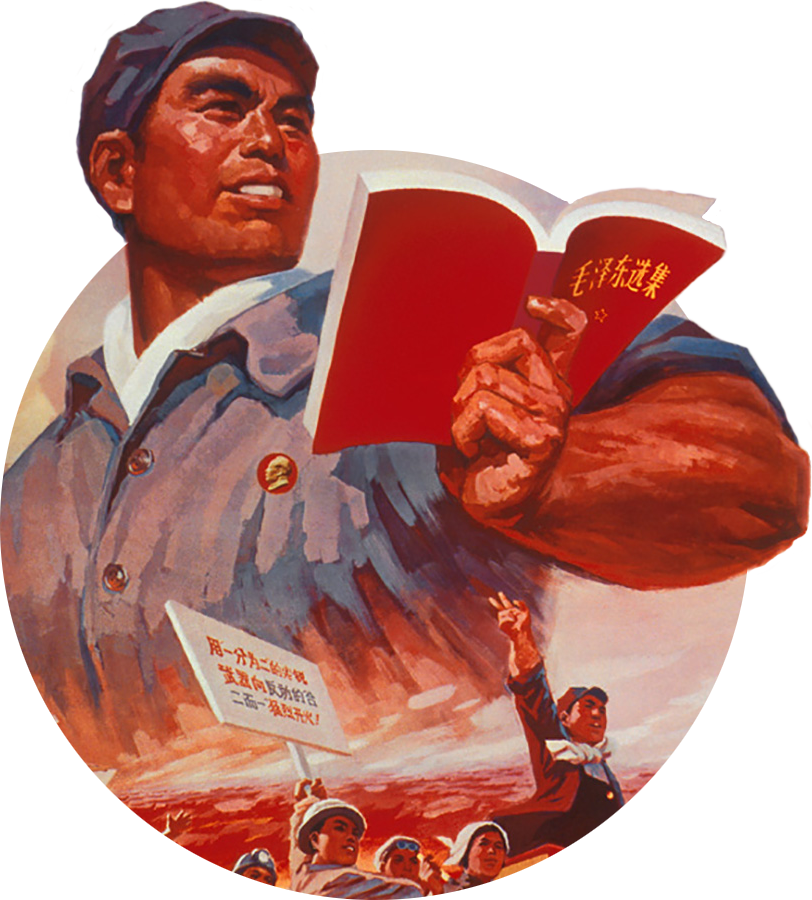Critique of the Gotha Program: Difference between revisions
More languages
More actions
Jucheguevara (talk | contribs) (saved template) Tag: Visual edit |
General-KJ (talk | contribs) (Cleaned up article a bit) Tag: Visual edit |
||
| Line 1: | Line 1: | ||
{{Available in library|Library:Critique of the Gotha Program=Library:Critique of the Gotha Program}} | {{Available in library|Library:Critique of the Gotha Program=Library:Critique of the Gotha Program}} | ||
'''Critique of the Gotha Programme''' is a critique of the draft programme of the | '''Critique of the Gotha Programme''' is a critique of the draft programme of the [[Socialist Workers' Party of Germany]] created at its first congress in Gotha. In this document [[Karl Marx|Marx]] addresses the [[dictatorship of the proletariat]], the period of transition from [[capitalism]] to [[communism]], the two phases of communist society, the production and distribution of the social goods, proletarian internationalism, and the party of the [[Proletariat|working class]]. | ||
Lenin later wrote:<blockquote>The great significance of Marx's explanation is, that here too, he consistently applies materialist dialectics, the theory of development, and regards communism as something which develops out of capitalism. Instead of scholastically invented, 'concocted' definitions and fruitless disputes over words (What is socialism? What is communism?), Marx gives analysis of what might be called the stages of the economic maturity of communism.</blockquote>Engels wrote a foreword when the document was first published in 1891. Together with the Critique of the Gotha Programme Engels published Marx's letter to Bracke, directly bound up with the work. | [[Vladimir Lenin|Lenin]] later wrote:<blockquote>The great significance of Marx's explanation is, that here too, he consistently applies materialist dialectics, the theory of development, and regards communism as something which develops out of capitalism. Instead of scholastically invented, 'concocted' definitions and fruitless disputes over words (What is socialism? What is communism?), Marx gives analysis of what might be called the stages of the economic maturity of communism.<ref>{{Citation|author=Vladimir Lenin|year=1918|title=The State and Revolution|title-url=https://en.prolewiki.org/wiki/Library:The_state_and_revolution|chapter=The economic basis of the withering away of the state|chapter-url=https://en.prolewiki.org/wiki/Library:The_state_and_revolution#The_economic_basis_of_the_withering_away_of_the_state|section=The higher phase of communist society}}</ref></blockquote>[[Friedrich Engels|Engels]] wrote a foreword when the document was first published in 1891. Together with the Critique of the Gotha Programme Engels published Marx's letter to [[Wilhelm Bracke|Bracke]], directly bound up with the work. | ||
== References == | |||
<references /> | |||
[[Category:Works by Karl Marx]] | |||
Latest revision as of 12:00, 23 June 2024
 | This is an article about a book that is currently available in our library. |
Critique of the Gotha Programme is a critique of the draft programme of the Socialist Workers' Party of Germany created at its first congress in Gotha. In this document Marx addresses the dictatorship of the proletariat, the period of transition from capitalism to communism, the two phases of communist society, the production and distribution of the social goods, proletarian internationalism, and the party of the working class.
Lenin later wrote:
The great significance of Marx's explanation is, that here too, he consistently applies materialist dialectics, the theory of development, and regards communism as something which develops out of capitalism. Instead of scholastically invented, 'concocted' definitions and fruitless disputes over words (What is socialism? What is communism?), Marx gives analysis of what might be called the stages of the economic maturity of communism.[1]
Engels wrote a foreword when the document was first published in 1891. Together with the Critique of the Gotha Programme Engels published Marx's letter to Bracke, directly bound up with the work.
References[edit | edit source]
- ↑ Vladimir Lenin (1918). The State and Revolution: 'The economic basis of the withering away of the state; The higher phase of communist society'.
